Newcastle’s Aviassist helping to train drone operators in natural disasters across the country
Drones are the latest tool being deployed to natural disaster zones to help assist in search, rescue and logistics efforts. And now a Hunter company is helping to train our heroes.
Newcastle
Don't miss out on the headlines from Newcastle. Followed categories will be added to My News.
As floods sweep across NSW and towns are being devastated by heavy rainfall, there’s one Hunter organisation working behind the scenes to help our heroes and save lives.
Drones are being deployed to natural disaster zones to help assist in search, rescue and logistics efforts.
Newcastle based Aviassist is behind a ‘beyond the visual line of sight’ training course getting emergency personnel up to speed on how to operate a drone, sometimes from several kilometres away.
“We enable them to use this new tool to do things like search and rescue, flood relief and damage assessment, it’s to put in their toolkit to make us more effective in disaster response,” managing director Ross Anderson said.
“It’s a new technique. We have seen time and time again typical piloted aircraft coming to assist and it’s really the first year drones have come into their own in terms of assisting with natural disasters.”
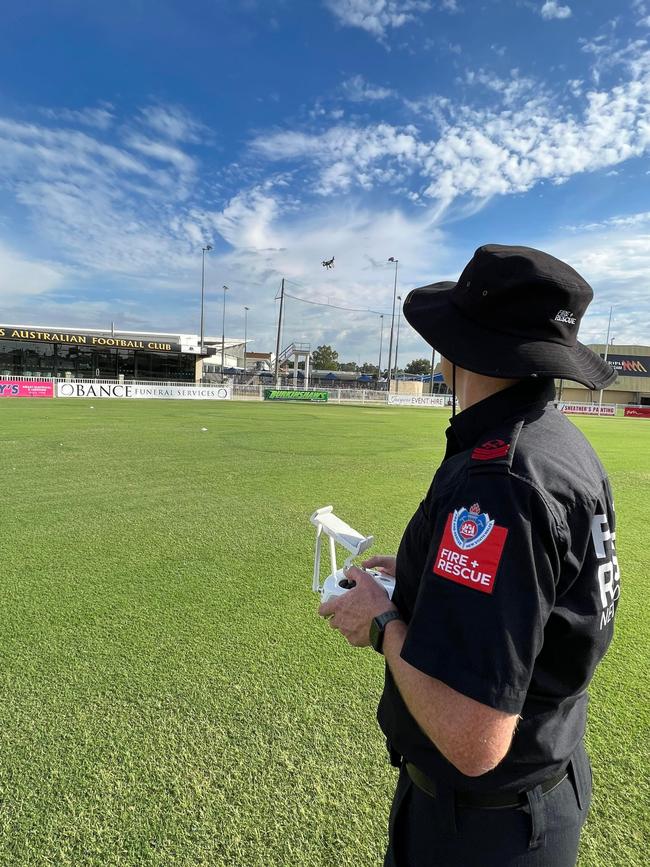
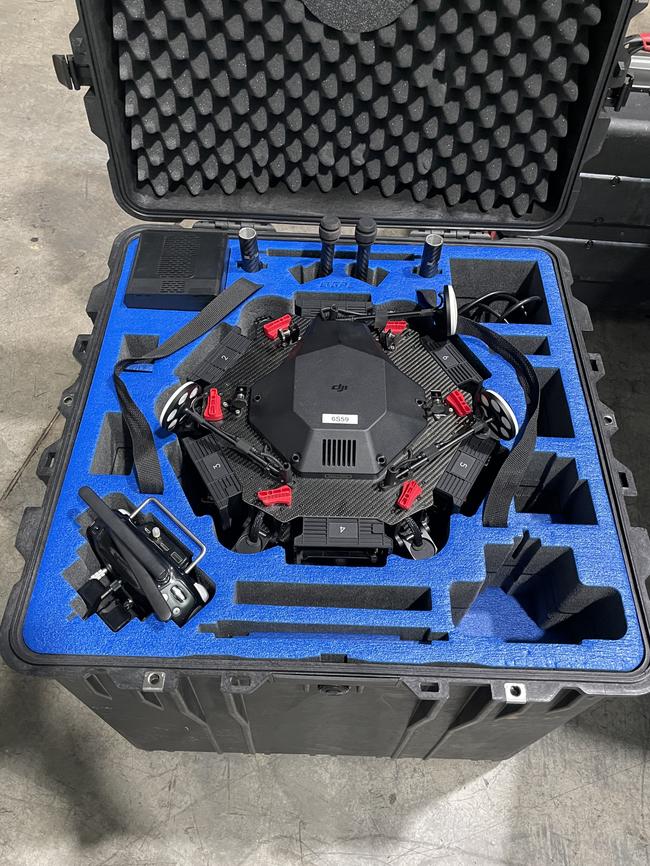
Currently, a number of drones are operating at various regions across the east coast of Australia as floods take hold in what is becoming the future of search and rescue operations.
Fire and Rescue NSW have become leaders in training up their staff to operate drones in an emergency situation, but other organisations like Surf Life Saving (SLS) and police across the country are also using the equipment for a variety of reasons.
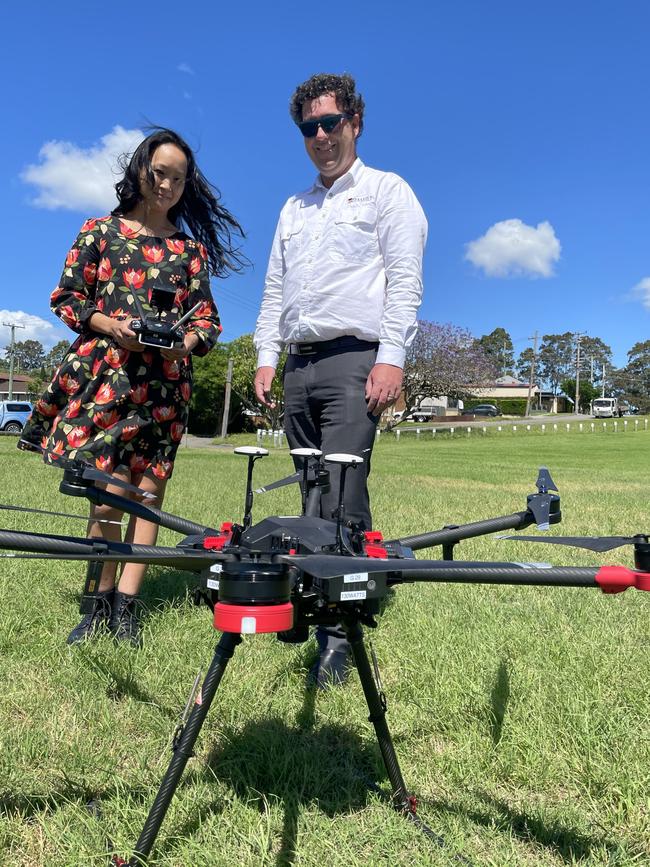
“In the 2019/2020 bushfires, NSW Fire and Rescue trained up 24 stations to look after and assist with fires,” Mr Anderson added.
“When suburbs get cut off from bushfires and floods we can send a drone long distance to assist.”
In one of the most high-profile cases, Aviassist trained up WA Police who used drones in the massive search effort for missing four-year-old Cleo Smith.
“A number of people have been found through drones,” Mr Anderson said. “It’s really rewarding to train people too actually help the public in a time of need.”
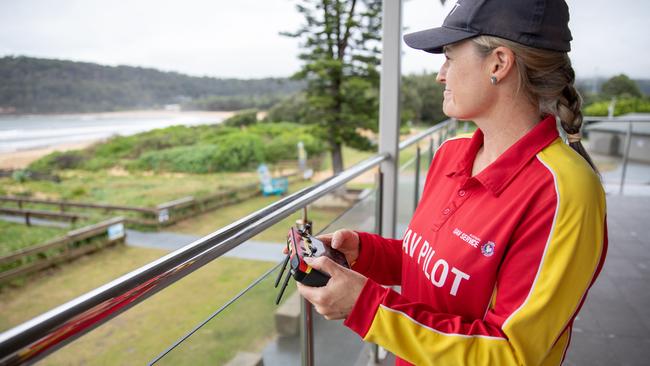
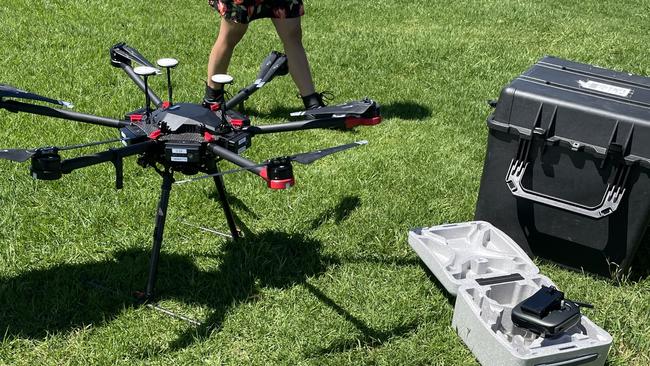
Since 2017, Aviassist has clocked more than 26,000 hours of flight training and more than 8,000 of that was in the last 12 months.
The company seeing 30 per cent growth in the last 12 months, with demand for more skilled drone operators significantly increasing.
“We specialise in training people with no aviation experience. We look after everything from whoa to go, we hold their hand through the whole journey,” he explained.
“As those organisations get more mature, we’re always by their sides to challenge them.”
This type of technology evolving at a rapid pace, with interest also coming from abroad.
“Two years ago the cameras were pretty simple, now we’ve got the ability to have 200 times zoom with more imagery all at once, so it’s really evolved into a capability which is nearing a helicopter,” Mr Anderson said.
“Over the last two weeks we have conducted sensor testing for the University of Maryland and also have one of our team scheduled to assist with a cloud brightening project over the great barrier reef in research conducted by Southern Cross University on coral bleaching.
“When we got into drones, there was no license, no pathway so we created that and it has been our motto, to raise the standards in operator training to enhance the capabilities.”





